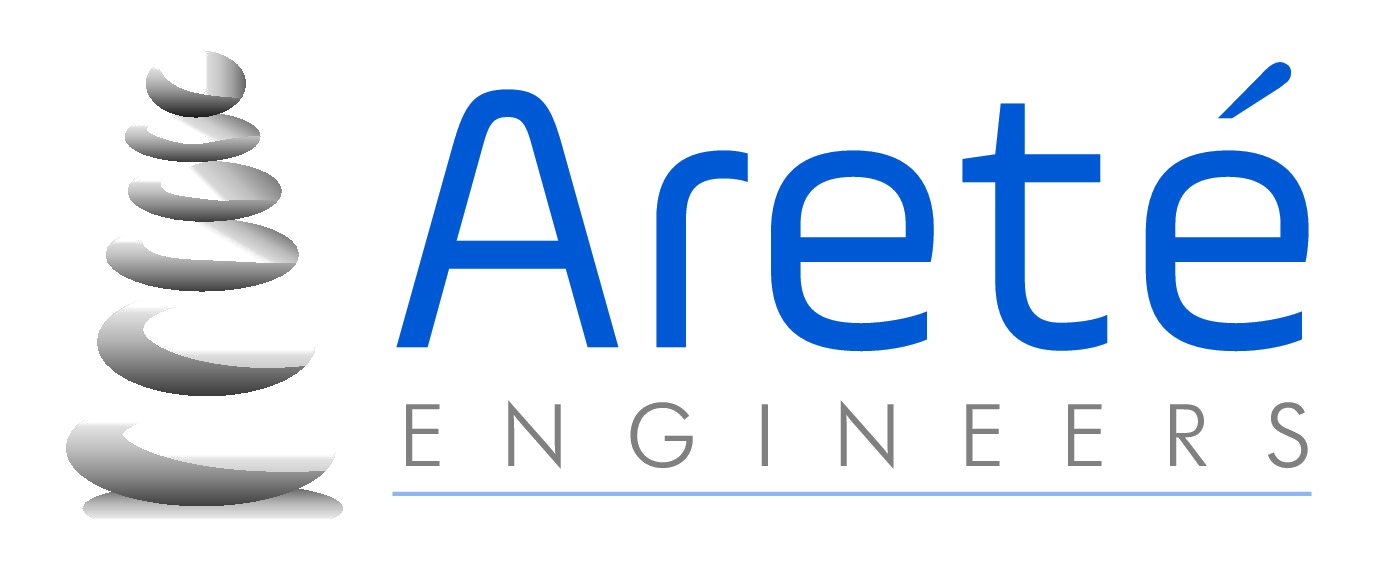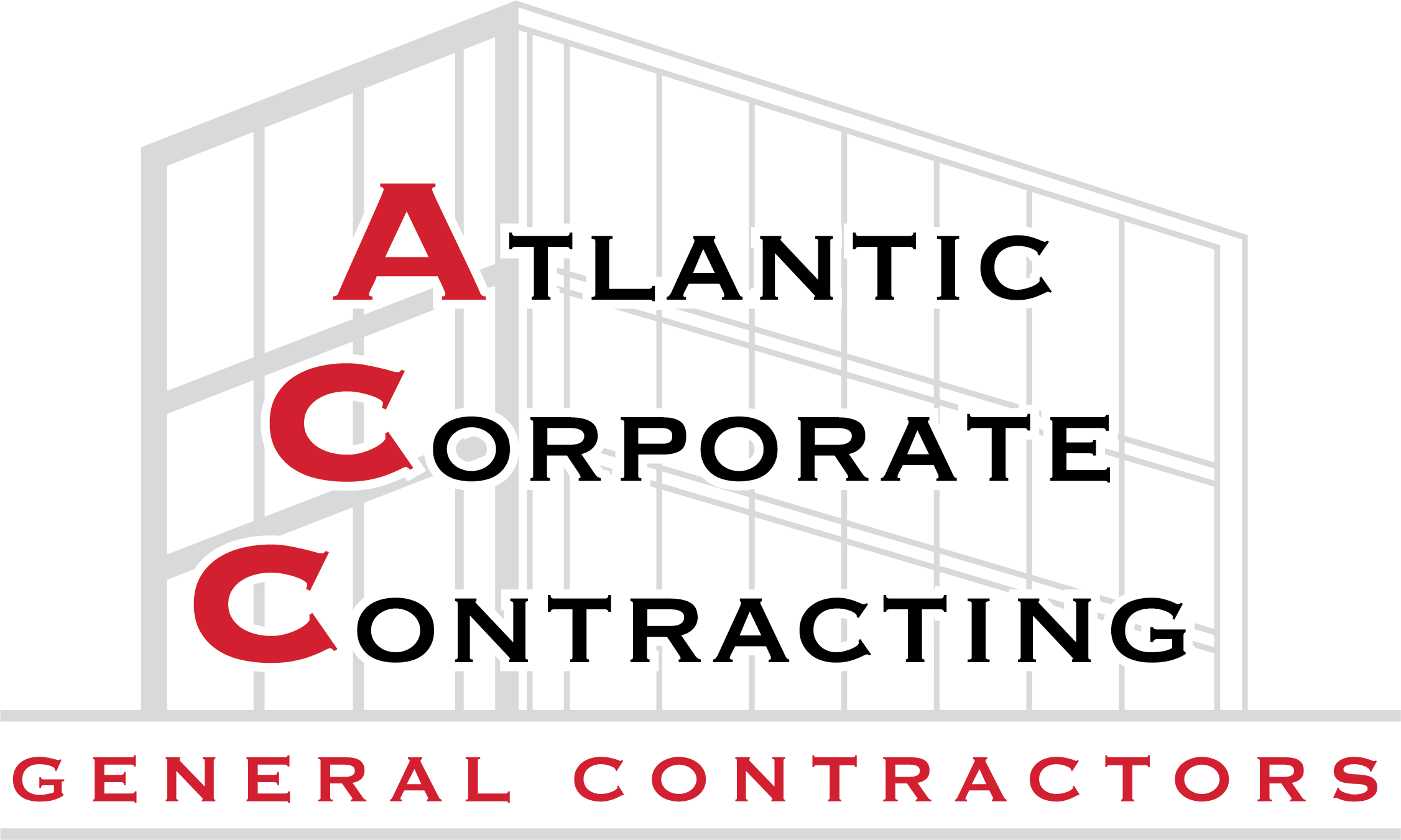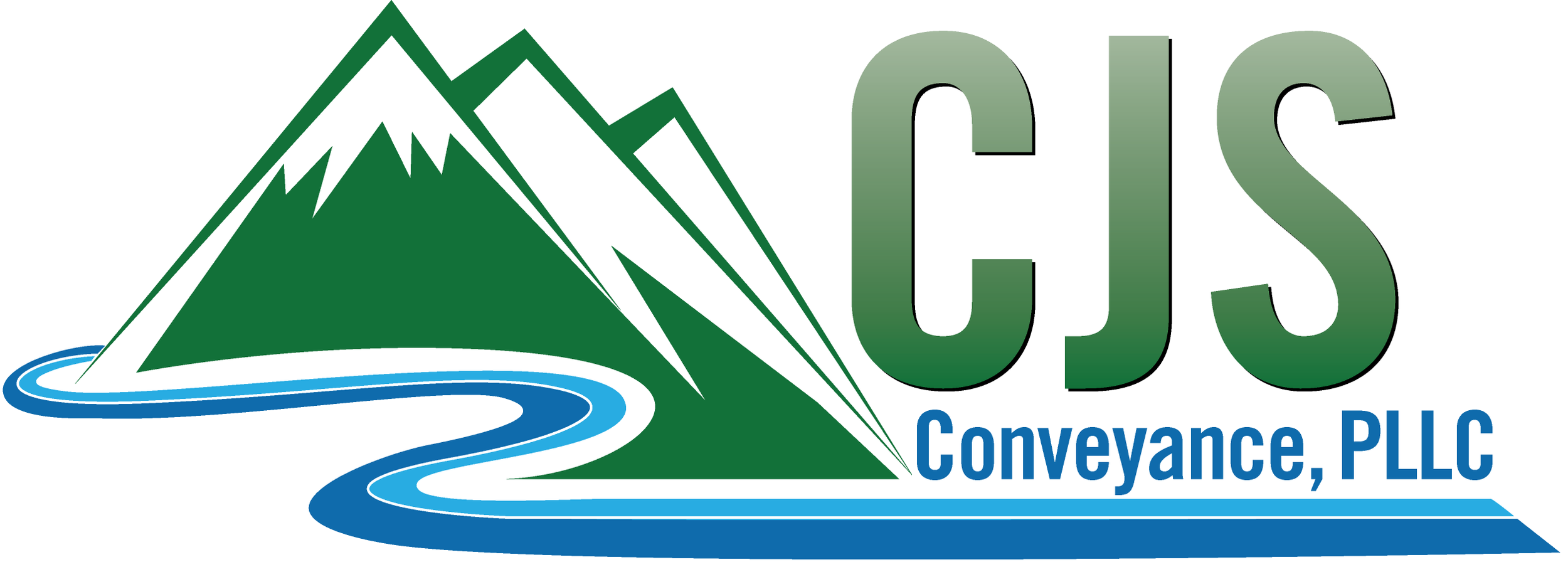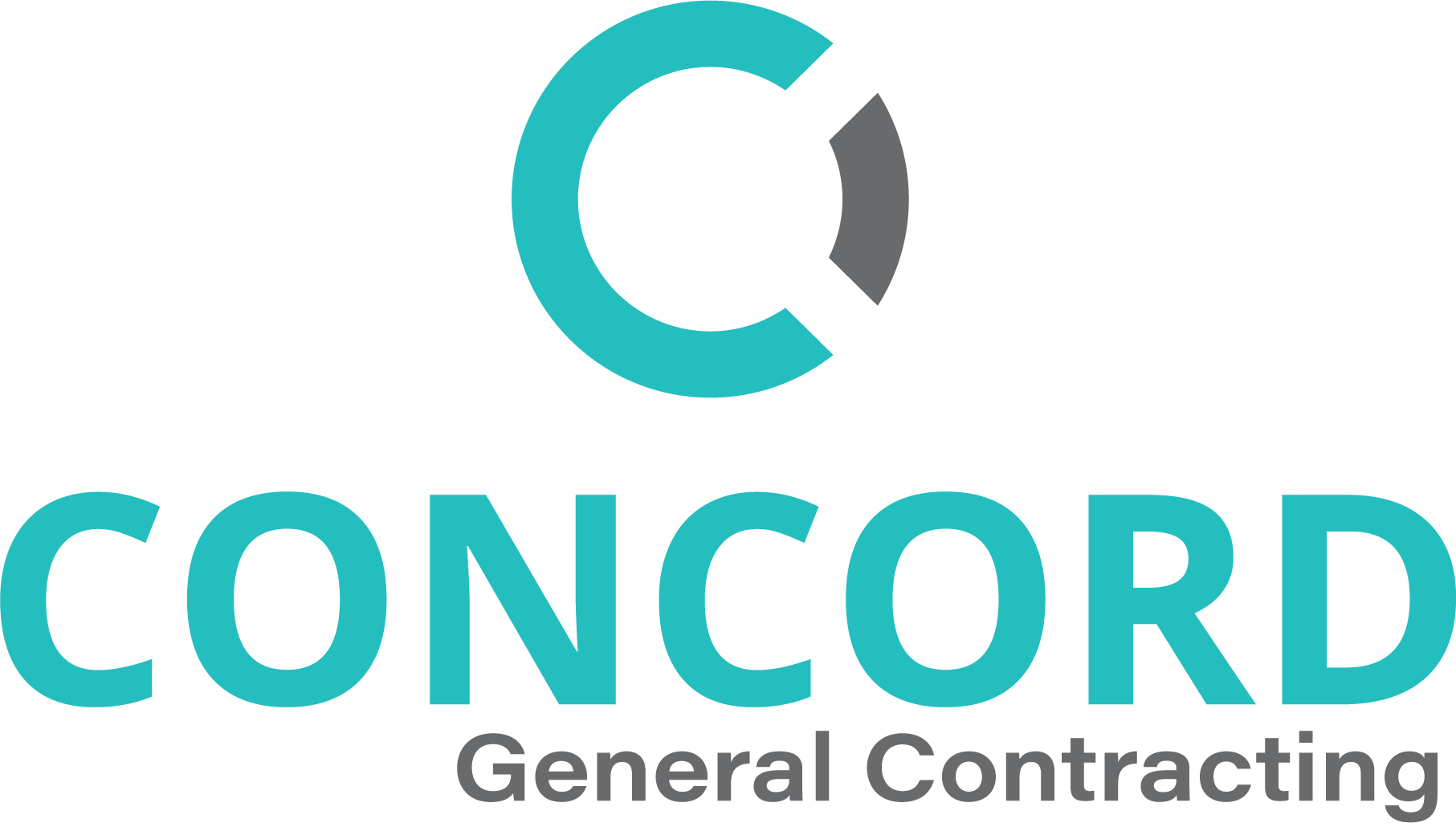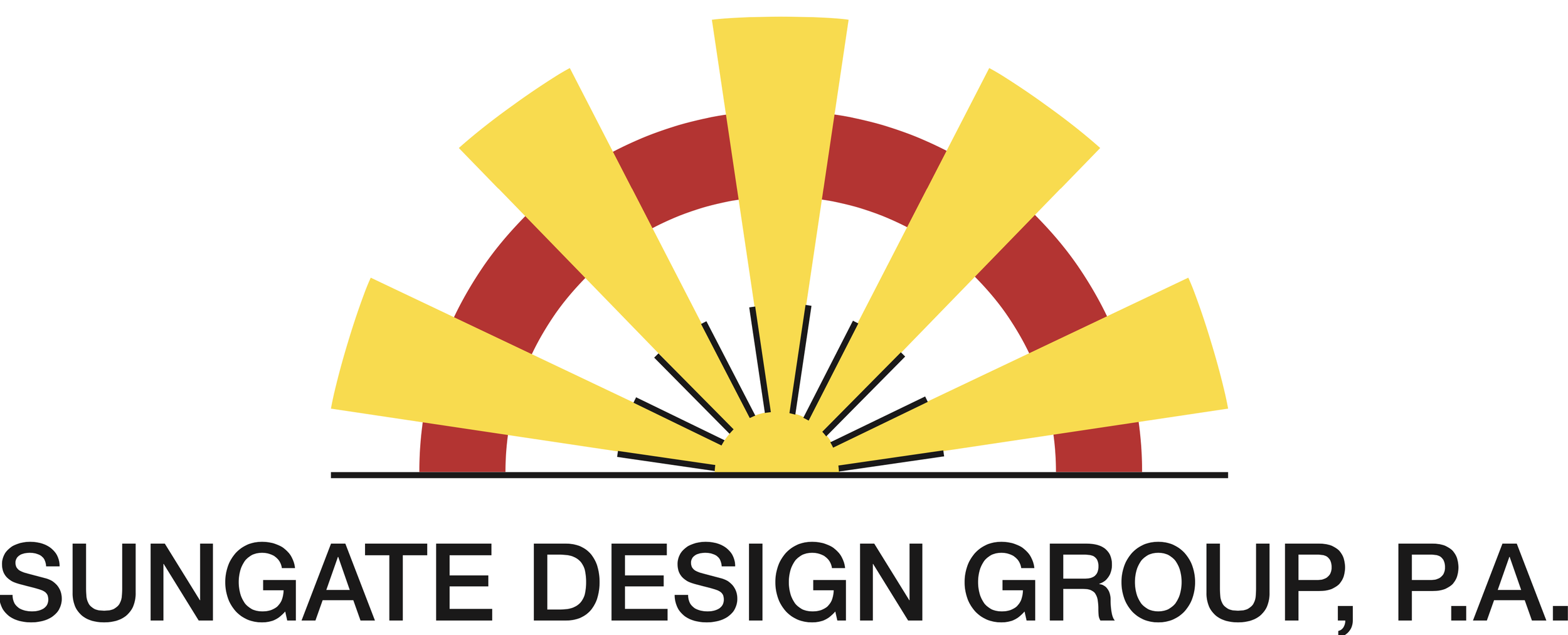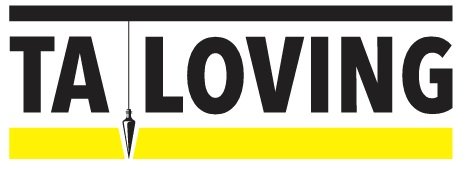In last week's blog post, I uncovered six not-so-secret secrets that your clients want you to know. As promised, I'm back this week with strategies on how to uncover and develop your TRUE competitive differentiators so that you stand out in a sea of sameness.
There are three factors that are of utmost importance for every competitive differentiator if it's going to be successful in the long term. If even one of these factors cannot be positively tied to a differentiator, then it is simply not a differentiator. Those factors are:
1. Your competitive differentiator must be true.
2. Your competitive differentiator must be important to your clients.
3. You must be able to prove your competitive differentiator.
What do those mean? If you're going to claim that you are the biggest construction company in the state then it must be true, you should also be able to back it up with concrete numbers and projects if asked, and your current and potential clients need to care about this statistic. Size sends a signal that you are doing something right in the minds of many potential clients, so it can be a compelling differentiator, but you'll also need to work hard to maintain this status lest you be surpassed by a competitor and what was your differentiator is now theirs.
There are three core strategies that marketers use when isolating precisely what it is that defines a company's competitive advantage. They are listed below in order of easiest to hardest and also least valuable to most valuable.
Cost/Price
This is probably one of the most common ways firms differentiate themselves from competition, but it is my least favorite. Why? It's easy and anyone can do it. And let's be honest, do you really want to be known for being the lowest cost provider, thus turning yourself into a commodity and trimming your bottom line? Didn't think so. If you MUST differentiate on cost try offering a unique pricing model like lump sum or fixed fee over hourly rates. If offering a different pricing structure than your competitors is not an option for you, dig a little deeper (and read on) to find another differentiator that will work for your firm.
Service Level
Many firms claim to offer "unparalleled service" and the "highest commitment to its clients," but providing good service is really just the price of entry. When a firm legitimately has service as a differentiator, there is a shift in firms talking about themselves to clients to clients talking about the firm to other clients. It's a magical thing where your client goes from being just your client to being your advocate in the industry, and they don't even know it! It all goes back to being able to prove your claim, and when your clients are talking about how great you are, there is a level of authenticity that simply can't be duplicated. So, how exactly do you boost your client's experience so they inadvertently become your advocate? It boils down to the experience they have with you at every touchpoint of the their life cycle. Your goal should be providing exceptional, value-adding personalized service starting from prospecting, to project kick-off, to project challenges (because they always happen!), to project close-out and beyond. To sweeten the deal, research has shown that new clients added through referrals of existing clients are more profitable to firms than clients acquired through traditional marketing efforts.
Specialization
A unique specialization is probably the most difficult differentiator to cultivate, but once you have one, it becomes the strongest, clearest, loudest message your firm's brand will have. And for that reason, it's the one I most recommend focusing on. You've heard the phrase, "jack of all trades, master of none." In the AEC world, where oftentimes people's lives may ultimately be at stake if a project isn't done correctly, clients want experts. If you can focus on doing one thing great and being the absolute master of it, you'll earn a reputation and clients will seek you out. There are so many things to specialize in, and hint: it's doesn't have to be a single service offering. Some options to consider are:
- Offer a truly unique technology or process. In 99% of cases, in order to not be duplicated, your technology or workflow process must be something proprietary that you develop in-house so that other firms can't duplicate it by simply purchasing the same technology platform from the same vendor. Or, it needs to require a level of expertise that takes time, effort, and education to cultivate so that the cost of entry is high.
- Focus on a particular target audience. If your firm is going to focus on providing engineering services to rural municipalities, focus on that and leave the city clients to other firms (or vice versa). When you become the best at understanding the needs of one client type, you'll have insight into their needs and problems that your competitors can't and won't.
- Require all of your staff share a particular credential. Everyone thinks their staff is the best, and sure, all of your engineering staff have PE's, but what if they also all had their PMP? That's provable, and in my experience, having a PMP is becoming increasingly important to clients, especially where taxpayer dollars are footing the bill.
- Serve clients that share a common characteristic. Maybe your strategy is that you only provide contracting services for clients renovating sports venues. You can seek these clients out with laser focus and with continued dedication to serving them, you'll also build an unbeatable portfolio of this type of work.
Note: These are just a few examples of a specialization differentiator. If you want help honing in on what specifically can set your firm apart from your competition, contact me.
In the end, when you've identified the key thing that differentiates your firm in the marketplace; completed the essential process of making it part of your company's core culture; and combined that with a high level of service, you've got a directive that speaks loud and clear about who your firm is and what it can do. It's a message that no one else can duplicate. Period.



